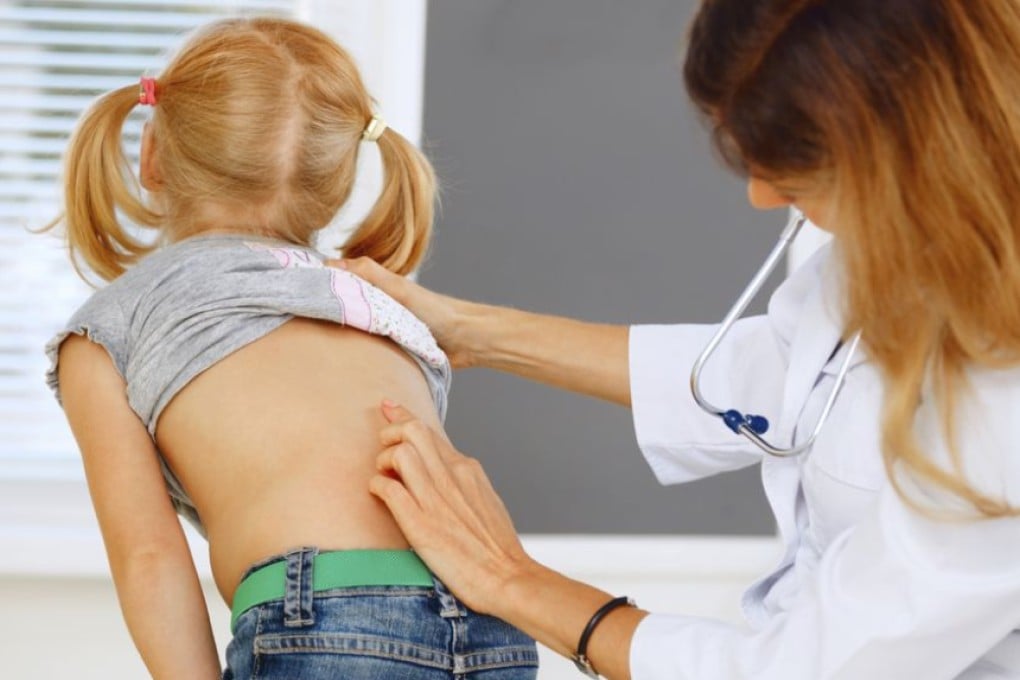Watch Your Child's Back
Scoliosis, being one of the most prevalent back deformities affecting growing children, in some cases with potentially serious consequences, stirs notable anxiety among patients and their families. Parents can easily check for any signs of scoliosis in their children, and to start appropriate treatment in a timely manner.

[Sponsored Article]
Scoliosis was originally a Greek word meaning curved or bent. Today it is a word used to describe the most common type of spinal curvature. Scoliosis is simply a descriptive term, like headache, and not a precise diagnosis.
When a scoliosis develops, the spine bends sideways and rotates along its vertical axis. These changes have cosmetic and physiological effects with long-term health consequences if the curvature worsens and is left untreated.
Heavy School Bags Do Not Cause Scoliosis
Dr Liu King-lok, Specialist in Orthopaedics and Traumatology at Matilda International Hospital, sees many children with a range of spinal problems, particularly scoliosis. Dr Liu said, “Many parents I have seen think that scoliosis can be caused by adopting a poor posture, unequal leg-length, carrying heavy school bags on the back, practising the violin, playing various sports, and even back injury, however, all these factors do not lead to scoliosis,” said Dr Liu. According to him, the causes for 80-85% of all scoliosis cases are usually unknown. “Scoliosis can occur in toddlers and young children, but the majority of cases occur from age 10 to 15. Boys and girls are equally affected by small curves, but girls are eight times more likely to develop progressive curves. According to recent research, about one in three children whose parents have scoliosis will develop scoliosis. Scoliosis is considered a partially genetic condition. However, exactly which genes cause scoliosis is inconclusive.”
Usually Painless
Dr Liu also said that it is a common misconception that scoliosis causes significant back pain and functional disability. “In fact, mild to moderate scoliosis typically does not cause back pain and will not cause compression onto the nerves or the heart and lung. Only very severe scoliosis curves will cause heart and lung problems,” he said.
